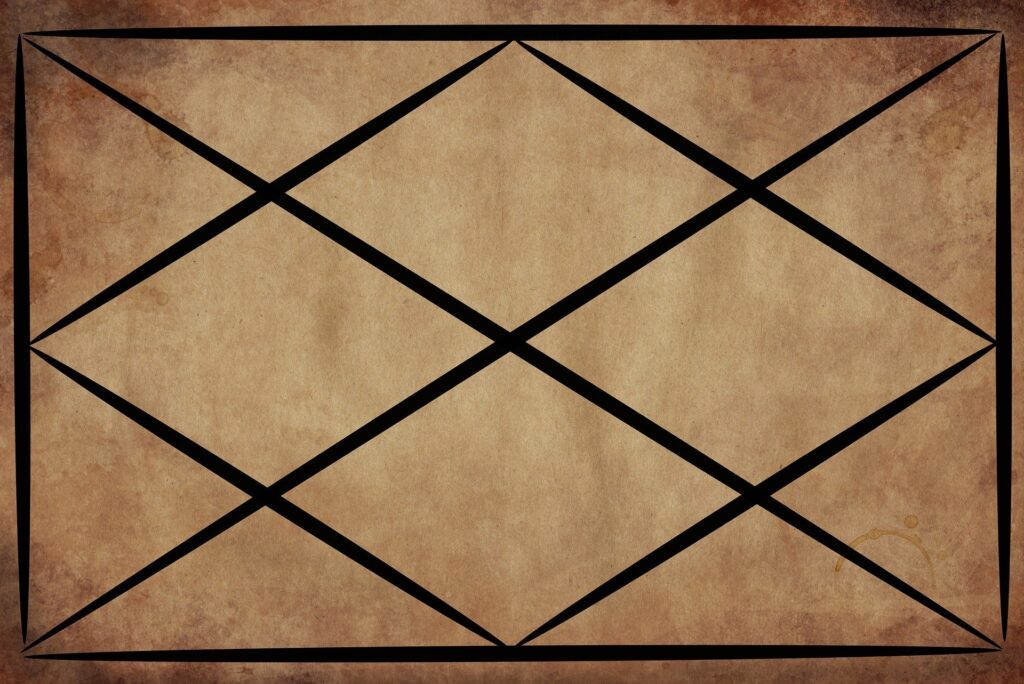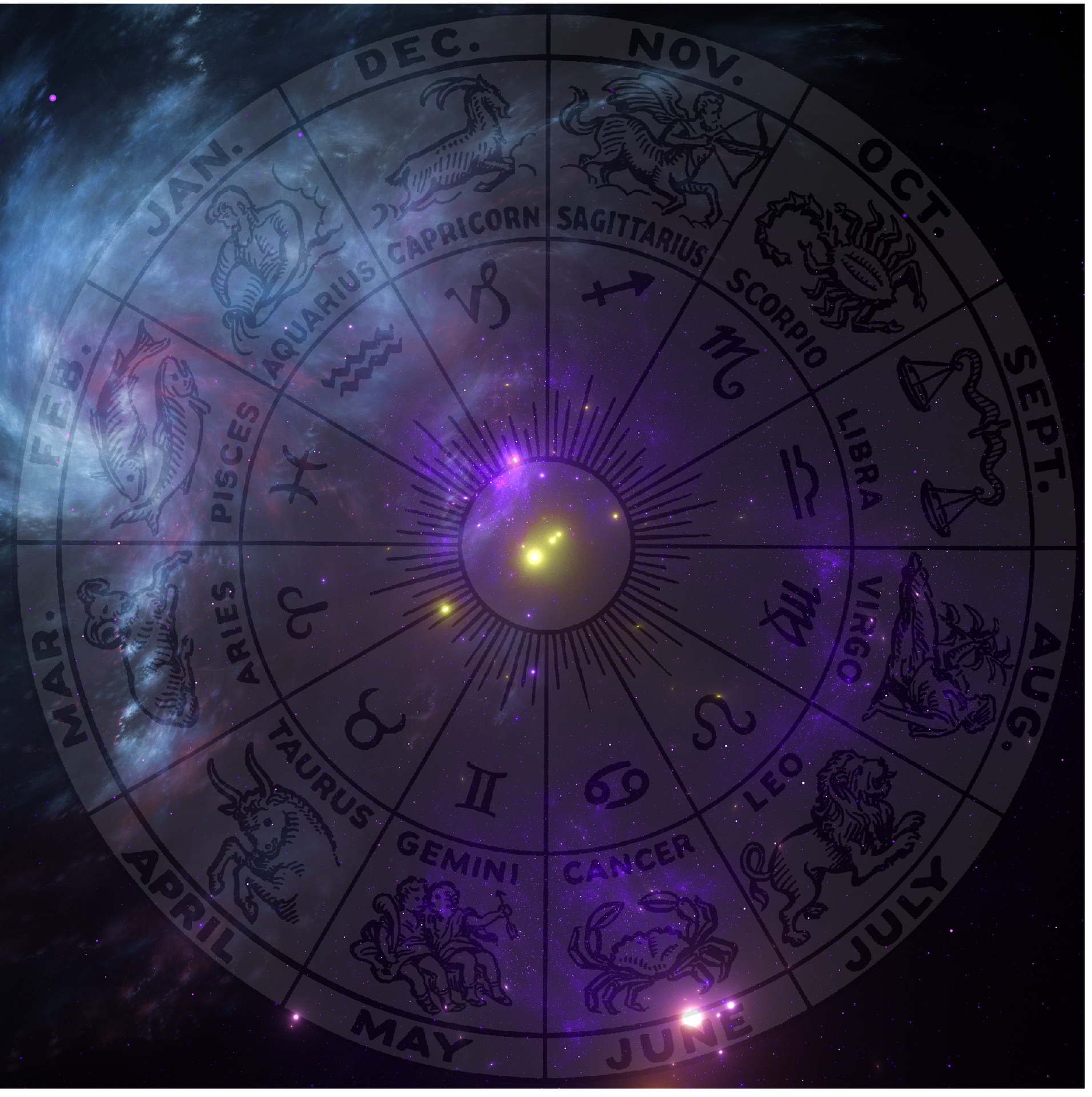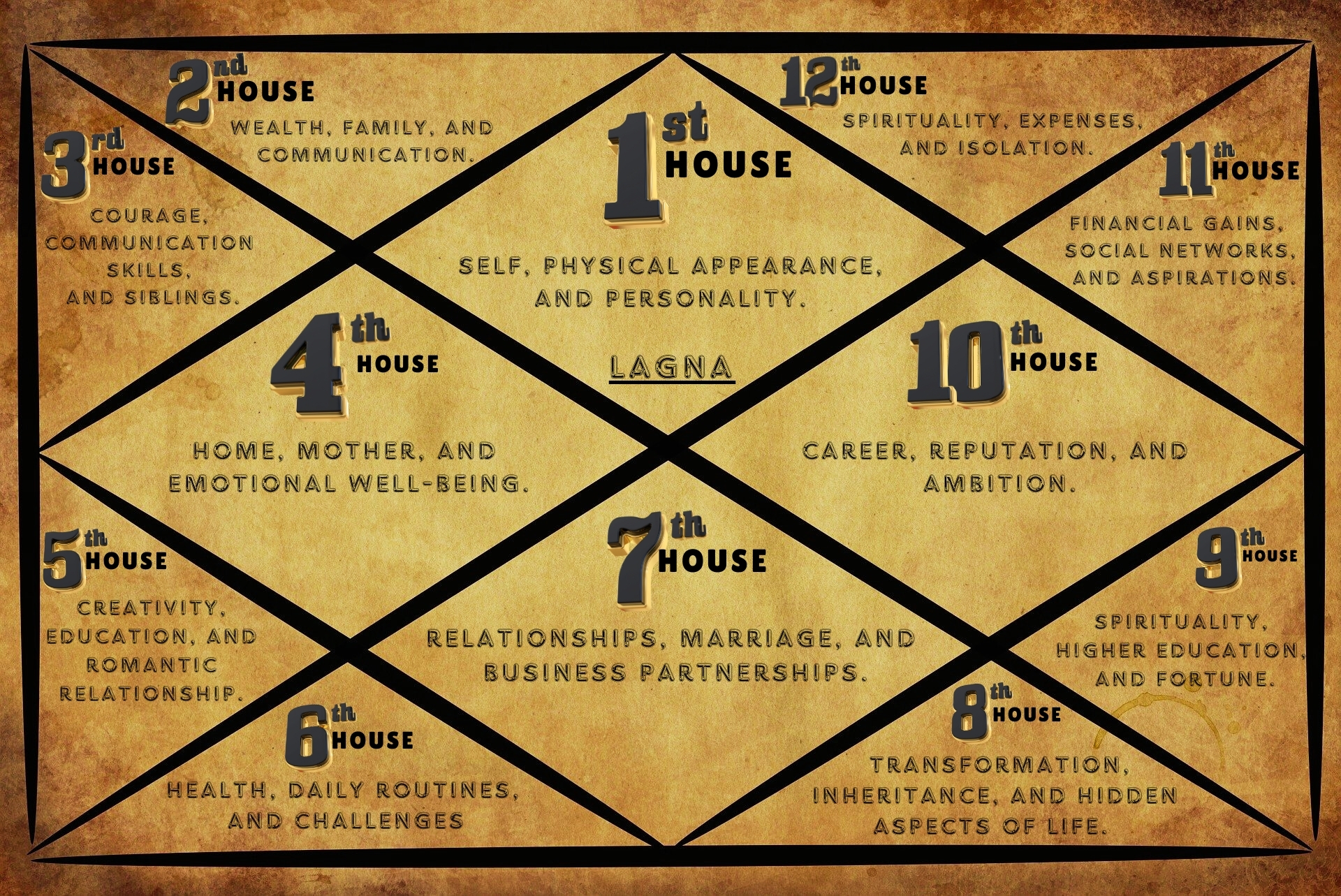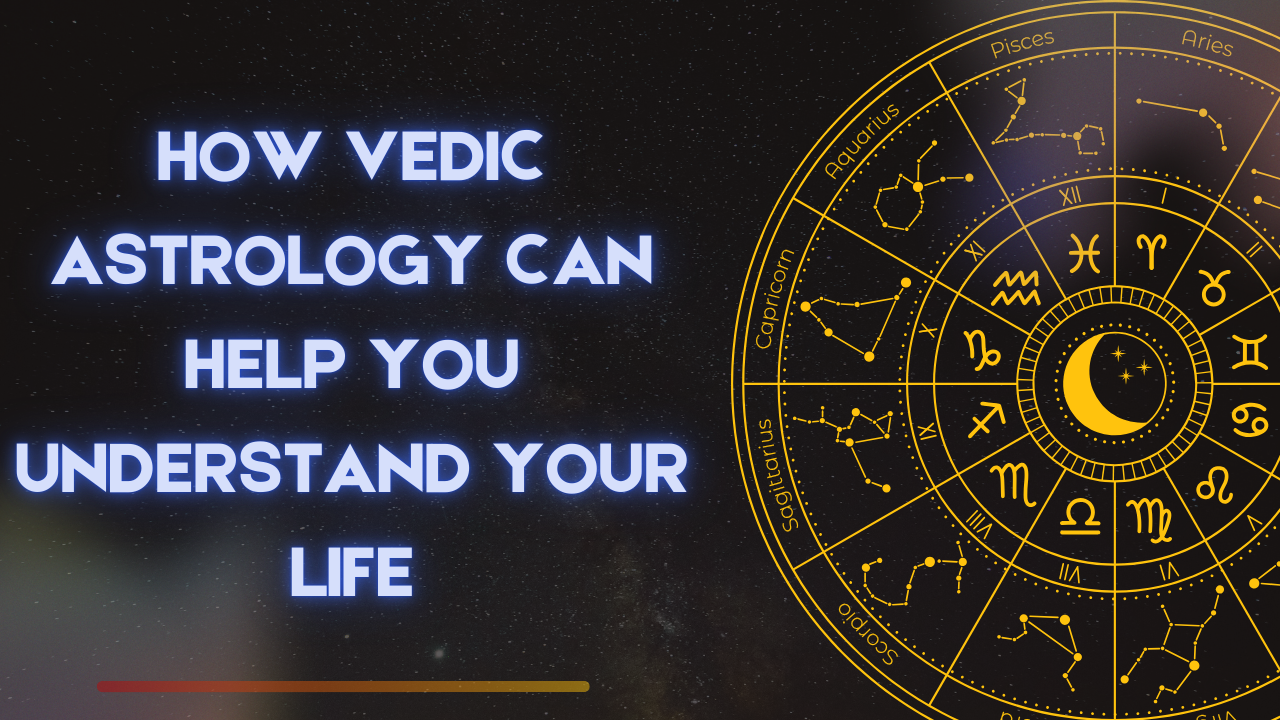Introduction
Vedic astrology , or Jyotish Shastra, is one of the ancient and most complex astrological systems known to humanity. Originating in ancient India, this science has been guiding people in making life decisions for thousands of years. But what makes Vedic astrology so special, and how can it shape your life path? Let’s dive into how the power of planets, based on your unique birth chart, can give you profound insights into your destiny.
What is Vedic Astrology?

At its core, Vedic astrology revolves around the belief that the positions of celestial bodies—particularly the planets—at the time of our birth can have a lasting impact on our lives. The primary aim is to decode these cosmic influences and understand how they shape our personality, relationships, career, and overall life trajectory.
Why is Vedic Astrology Important in Indian Culture?
In Indian culture, astrology has long been seen as a tool for self-awareness and spiritual growth. It’s not just about predicting future events; it’s about understanding the underlying cosmic forces at play in our lives. The belief in karma (the law of cause and effect) is deeply intertwined with astrology, where understanding your planetary positions can help you navigate life’s challenges and improve your circumstances.
The Role of Planets in Vedic Astrology

Understanding the Nine Planets in Vedic Astrology
In Vedic astrology, there are nine primary planets, each with its unique energy and influence. These include the visible planets (Sun, Moon, Mars, Mercury, Jupiter, Venus, and Saturn) and the shadow planets (Rahu and Ketu). Each planet is associated with specific traits, emotions, and aspects of life.
How Planets Influence Our Lives
The positions of these planets in your birth chart determine various aspects of your life, such as your mental state, physical health, career choices, and relationships. Planets can act as guiding forces, helping you align with your life purpose, or they may present challenges that you need to overcome.
The Birth Chart (Janma Kundali)

What is a birth chart?
Your birth chart, also known as Janma Kundali, is a celestial map that captures the positions of the stars and planets at the precise time and location of your birth. It signifies the positioning of the Sun, Moon, and planets in connection with the twelve zodiac signs. This chart serves as the roadmap of your life, with each planetary position providing valuable insights into your nature, strengths, and challeng
The Significance of the Birth Chart in Vedic Astrology
Your birth chart is unique to you. No two individuals share the exact same chart, and it reveals your soul’s journey. Understanding the positions of planets in your chart helps you gain clarity on your life’s purpose, relationships, and other crucial life decisions.
Planetary Positions and Their Influence
How Planetary Positions at the Time of Birth Impact Personality?
The positions of the planets in various zodiac signs affect your personality traits. For example, a strong placement of Mars in your chart might indicate a courageous and action-oriented personality, while a dominant Moon placement could make you highly emotional and intuitive.
The Role of the Sun, Moon, and Ascendant
The Sun represents the core of your spirit, reflecting your authentic self. The Moon governs your emotions and instincts, while the Ascendant (or rising sign) reflects how you present yourself to the world. Together, these three factors give you a clear picture of who you are at your core, how you feel, and how others perceive you.
The Planets and Their Effects
Sun: The Soul of the Individual
The Sun serves as the core energy and primary influence within your birth chart. It represents your ego, vitality, and overall life force. A well-positioned Sun signifies a person with high self-assurance and a solid sense of identity, whereas a poorly placed Sun may suggest challenges with self-worth and asserting authority.
Moon: The Mind and Emotions
The Moon influences your emotions, instincts, and inner thoughts. Its placement in your chart can reveal how you respond to stress, your emotional patterns, and how you nurture others.
Mars: Action and Courage
Mars symbolizes drive, determination, and intense energy. Its position determines how you approach challenges and take risks. A well-placed Mars gives you the courage to pursue your goals, while a poorly placed Mars might lead to impulsive actions or frustration.
Mercury: Communication and Intellect
Mercury governs communication, intellect, and reasoning. It shapes the way you process information, acquire knowledge, and engage with those around you. If Mercury is strong in your chart, you’re likely to be a quick thinker and excellent communicator.
Jupiter: Wisdom and Expansion
Jupiter symbolizes expansion, knowledge, and spiritual enlightenment. It represents your capacity for learning and expansion. A well-placed Jupiter can bring prosperity, good luck, and a broad understanding of life’s bigger picture.
Venus: Love and Beauty
Venus represents love, relationships, beauty, and artistic expression. Its placement shows how you approach love and what you find attractive. A favorable Venus brings harmony in relationships, while a challenging Venus might lead to difficulties in love and partnerships.
Saturn: Discipline and Responsibility
Saturn is the taskmaster of the zodiac. It represents discipline, hard work, and the lessons we must learn through struggle. While it may bring challenges, a strong Saturn encourages resilience and the ability to overcome obstacles.
Rahu and Ketu: Spiritual Lessons and Karmic Influences
Rahu and Ketu, often referred to as shadow planets, symbolize contrasting forces—Rahu embodies worldly ambitions and desires, while Ketu reflects spiritual detachment and enlightenment. These two points on your birth chart often highlight areas of life that require transformation or karmic lessons.
Dasha System in Vedic Astrology
What is the Dasha System?
The Dasha system is a unique aspect of Vedic astrology, referring to planetary periods that govern different phases of life. Each planet rules over specific years in your life, and understanding these periods helps you navigate challenges and opportunities.
How It Governs Different Phases of Life
The Dasha periods highlight when certain planets’ influences are stronger, guiding you through various phases of growth, career shifts, personal challenges, and spiritual development.
Transits and Their Influence
How Transits Affect Your Life Path
Transits involve the continuous motion of planets as they travel through the zodiac signs. When a planet moves through key positions in your birth chart, it can trigger significant life events, changes in your career, and shifts in your relationships
Key Planetary Transits to Watch Out For
Certain transits, like Saturn’s return or Jupiter’s transit through your moon sign, are pivotal moments that can bring growth or challenges, depending on your chart’s configuration.
Astrological Remedies
How Vedic Astrology Provides Remedies for Planetary Afflictions
When planets are in challenging positions, Vedic astrology suggests remedies such as wearing gemstones, chanting specific mantras, or performing rituals to alleviate negative influences.
Gemstones, Mantras, and Rituals
Gemstones associated with specific planets can help strengthen their positive effects, while mantras and rituals bring balance to planetary energies.
Vedic Astrology vs Western Astrology
Key Differences Between the Two Systems
While Western astrology is based on the position of the Sun, Vedic astrology focuses on the Moon’s position, using the sidereal zodiac instead of the tropical zodiac. This often leads to differences in readings.
Why Vedic Astrology Is More In-Depth
Vedic astrology’s use of divisional charts, Dasha periods, and planetary aspects offers a more detailed and dynamic view of an individual’s life journey.
The Spiritual Aspect of Vedic Astrology
How Astrology Connects with the Spiritual Path
Vedic astrology isn’t just about predicting the future; it’s also a spiritual tool. It helps individuals understand their soul’s purpose, their karmic path, and how to align with the divine flow of the universe.
The Role of Karma and Reincarnation
Understanding the influence of planets on your life can help you break free from karmic cycles, providing opportunities for spiritual evolution and healing.
How to Use Vedic Astrology to Shape Your Life Path
Practical Steps for Leveraging Your Birth Chart
By understanding your birth chart and the influence of planets, you can make informed decisions, improve relationships, and harness cosmic energies for personal growth.
How to Make Decisions with Astrological Guidance
Use your chart to guide key life decisions, such as choosing the right career, the best time to start new ventures, or understanding how to improve your health.
Conclusion
Vedic astrology offers profound insights into the forces shaping your life path. By understanding the influence of planets, you can align with cosmic rhythms, navigate challenges, and create a life filled with growth, peace, and purpose.
FAQs
What does it mean when my planets are in a “bad” position?
A “bad” planetary position suggests challenges, but with the right remedies, you can mitigate their impact and find balance.
Can Vedic astrology predict the future?
While it offers guidance, Vedic astrology is more about understanding your karmic path and making informed decisions rather than predicting exact future events.
How accurate are the remedies suggested in Vedic astrology?
Remedies can be quite effective when done with sincerity and a proper understanding of your chart.
Is Vedic astrology only applicable to people in India?
No, Vedic astrology can be applied universally, as it is based on the positions of celestial bodies, not geographic location.
How do I get started with Vedic astrology?
Start by consulting a Vedic astrologer or learning to read your own birth chart to understand the planetary influences in your life.



